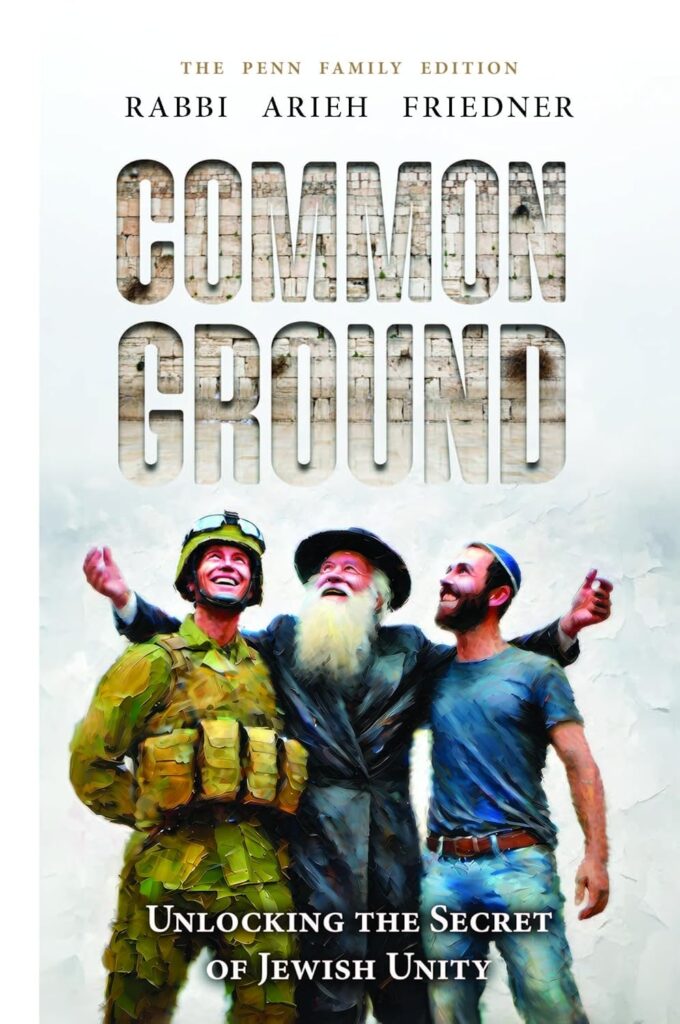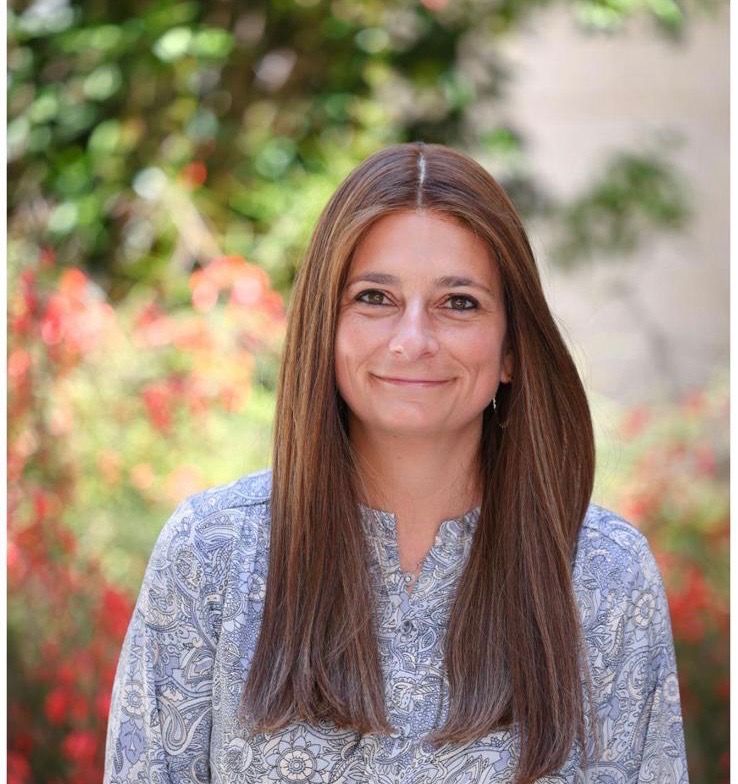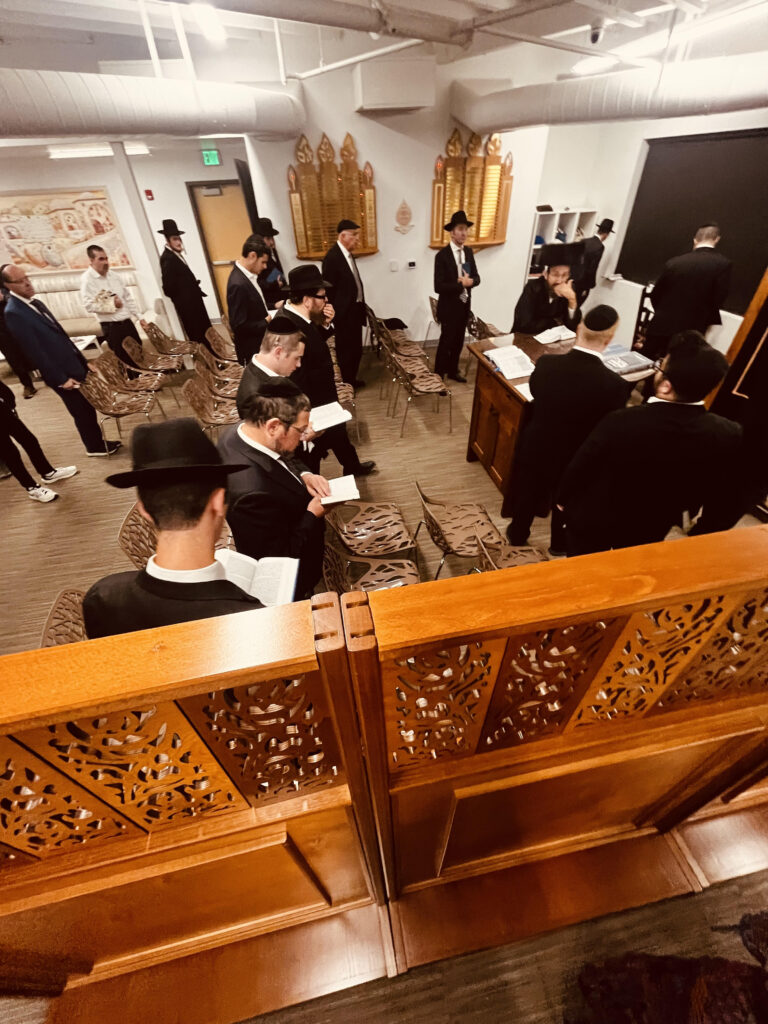Building Bridges In A Fractured World
Building Bridges In A Fractured World: A Review Of Common Ground By Rabbi Arieh Friedner
5TJT Staff
In an era where polarization and sectarianism seem to define not only the political arena but also religious and communal life, Rabbi Arieh Friedner’s Common Ground arrives as a timely and much-needed clarion call. This book is not just a philosophical treatise on the virtue of unity; it is a battle cry against fragmentation and a roadmap toward enduring Jewish cohesion. Written with sincerity, clarity, and spiritual urgency, Common Ground stands as both a mirror and a guidepost—reflecting our divisions while illuminating the path back to collective wholeness.
Friedner does not begin with grand abstractions. He starts from the ground up: the pain of division, the emotional toll of alienation, and the frustration of seeing fellow Jews speaking past one another rather than with one another. He paints a sobering picture—communities locked in ideological silos, movements defined more by what they oppose than what they support, and a rising generation too often caught in the crossfire.
But rather than wallow in despair, Friedner asserts a revolutionary claim: that unity is not merely an aspirational value—it is a Jewish imperative. Drawing from Torah sources, Chazal, and a wide range of both Chassidic and Mussar thinkers, Ramchal and Rav Kook just to name a couple, he makes the case that ahavasYisrael (love of a fellow Jew) is not just a mitzvah among many, but the spiritual precondition for all others. Unity, he suggests, is the vessel that holds the light of all mitzvos. Without it, the light shatters.
One of the book’s strongest contributions is its incisive analysis of what stands in the way of unity. Friedner does not blame any single group or ideology. Instead, he identifies patterns: a culture of judgment over curiosity, fear masquerading as faith, and the all-too-human tendency to feel secure only when others mirror our values. He deconstructs these barriers with grace and sensitivity, exposing how they are often symptoms of deeper insecurity.
What sets Common Ground apart is its refusal to settle for shallow solutions. Friedner knows that slogans and kumbaya moments don’t mend generations of suspicion. He insists that true unity is forged through discomfort. It requires listening to people we might prefer to caricature, asking questions rather than issuing verdicts, and entering dialogue not to convert but to connect.
He illustrates this with stories—real encounters with Jews from every walk of life. A yeshivish man walking into a Reform temple with trepidation but leaving with tears of recognition. A secular activist breaking bread with a Chassid and discovering not only tolerance but kinship. These stories are not propaganda—they are complex, unscripted, and real, which is what gives them their power.
Friedner’s genius lies in framing unity not as a sociological project, but a spiritual one. He calls upon the reader not merely to expand their social circle but to rewire their soul. Through teachings of the Baal Shem Tov, the Ramchal, and Rav Kook, just to name a few, Friedner charts a spiritual blueprint for how unity is more than horizontal connection between people—it is vertical alignment with the Divine. Disunity, he writes, is a form of spiritual exile; unity is the geulah.
He introduces what he calls the “Common Ground Method”—a multi-step process that blends introspection, dialogue, and action. This method is more than theory. It includes exercises: journaling prompts, group activities, and questions for chavrusa learning that help individuals move from theory to practice. It is a workbook for the soul.
It would have been easy for a book like this to veer into sentimentality or idealism. But Friedner anticipates the cynics. He addresses head-on the concern that unity requires compromise on Torah values. His answer is clear: unity does not mean agreement, nor does it dilute standards. Rather, it elevates the way disagreements are held. Dispute, he argues, is not the problem—it is the spirit in which disputes are conducted that determines whether they are destructive or holy.
In one poignant chapter, he explores the machlokes (disagreement) between Beis Hillel and Beis Shammai, showing how deep divergence can coexist with mutual respect. He invites the reader to consider whether our own disagreements carry the same spiritual maturity.
The book closes with a bold challenge: to stop waiting for “the community” to change and to become agents of change ourselves. Friedner urges readers to host unity Shabbos tables, initiate learning groups across denominational lines, and perhaps most importantly, to engage in a daily practice of seeing the tzelem Elokim(Divine image) in others. He sees unity not as an end goal but as a lifelong practice—a spiritual avodah that refines the self as much as it restores the community.
He also proposes institutional change. He envisions schools that teach not only halacha and hashkafahbut also communication skills, emotional intelligence, and empathy. He imagines synagogues where dialogue is valued alongside prayer, and communities where leaders model vulnerability and curiosity, not just confidence and certainty.
Common Ground is more than a good read—it is a necessary one. In the wake of October 7th, amid global antisemitism and internal tribalism, this book asks: if we can’t stand together now, when will we? Friedner’s vision is not nostalgic—it is prophetic. He sees beyond the headlines, beyond the fractures, to a future where Jews can disagree without disowning, argue without alienating, and live in a covenant of shared destiny.
In a world that rewards outrage and punishes nuance, this book is an act of holy resistance. It challenges us to unlearn cynicism, to lean into complexity, and to remember that every Jew is a letter in the Torah—and when one is missing, the scroll is invalid.
Rabbi Arieh Friedner’s Common Ground is not just a book—it is a movement waiting to happen. It is both timeless and urgent, personal and communal, visionary and practical. Its message is simple but profound: unity is not the reward for getting everything right—it is the foundation upon which all else stands.
To read this book is to be humbled, inspired, and ignited. It will challenge your assumptions, awaken your empathy, and equip you to become a builder of bridges in a time of walls.
If you’re looking for a book that dares to ask the hardest questions and offers answers that come not from ideology but from the heart of Torah—Common Ground is essential reading. And if enough of us take its message seriously, it might just help us write the next chapter of Jewish history—not in silos, but together.














